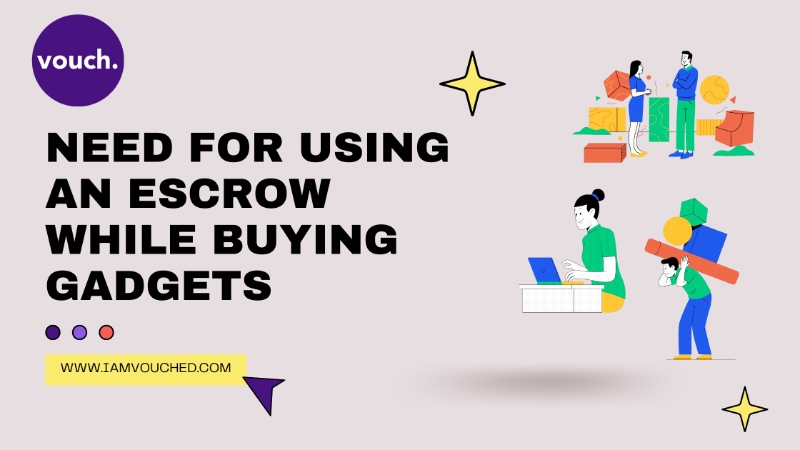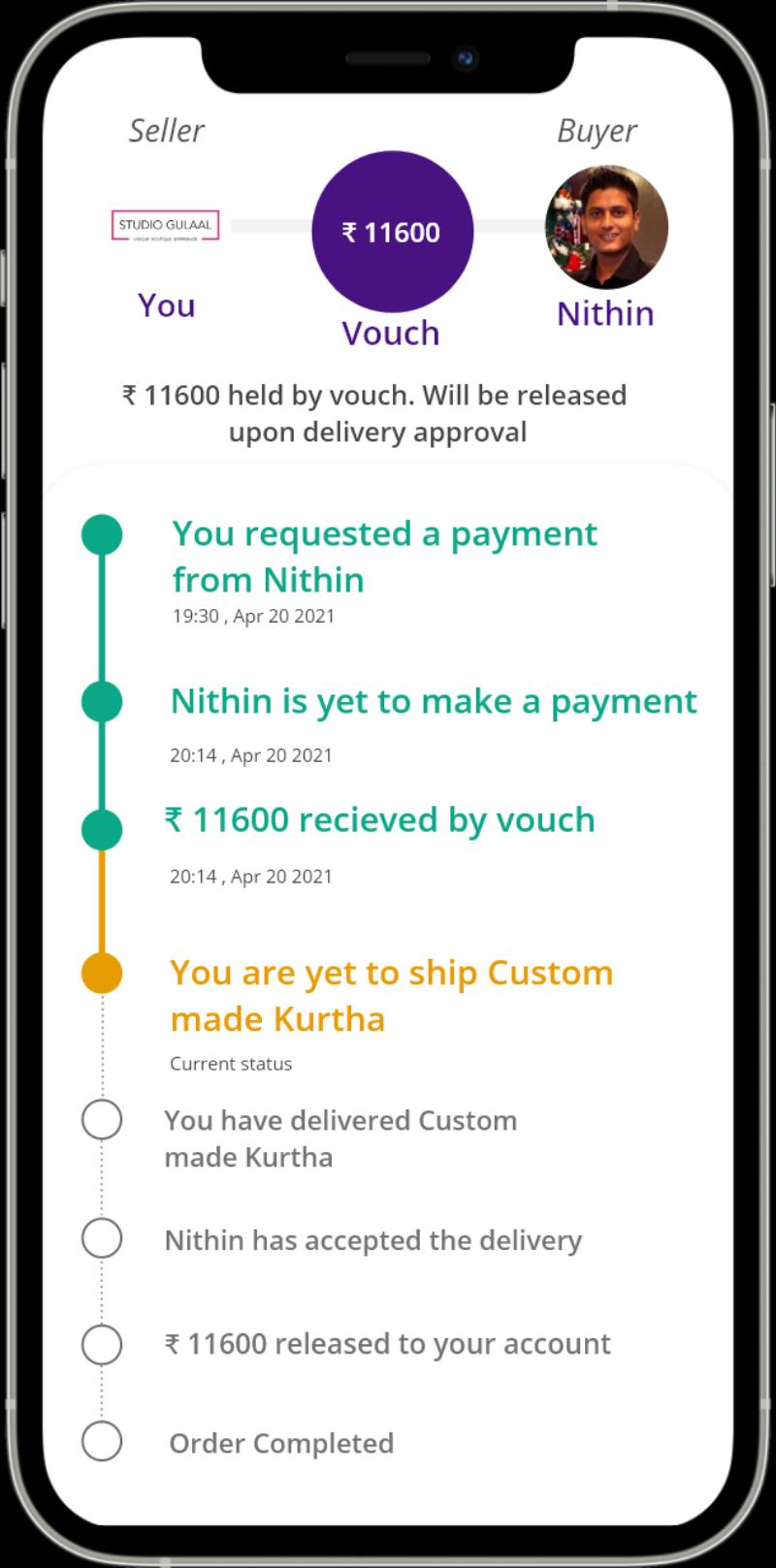As a result of the coronavirus pandemic, consumer shopping online has gone into hyperdrive. According to Digital Commerce 360, eCommerce will account for one-fifth of retail spending by 2020.

You might have heard a lot of people getting scammed while buying gadgets online. Giants like Amazon and Flipkart delivered soap instead of iPhones to their customers. But this does not mean online shopping can not be safe. It can be always safe if you know what to avoid and what to go for.
When buying from OLX.
You can still encounter bogus sellers even when you shop on established marketplaces like Shopee, OLX, and eBay. Nevertheless, you can at least spot some red flags that should warn you off.
Firstly, if a price seems too good to be true, it probably is. See what the price range is for different sellers to determine if the price is right. During that range, walk away if prices deviate too much.
Make sure you ask the seller a lot of questions. How did he come to the decision to sell? At what price did he decide to sell? Is the gadget defective? Don't buy from sellers who are unresponsive.
Meet-ups are better than deliveries
While it may be convenient to have your new smartphone delivered to your house, it is still safer to meet up with the seller or pick up the item from a brick-and-mortar retailer mortar store. In this way, you can test out your purchase.
USE an escrow if opting for a delivery
If you’re buying a secondhand smartphone or any other gadget, pay using an escrow payment system. One such app for payment is Vouch, it offers a release on delivery feature which can help both the buyer and the seller while they transact.
How does it help?
A "Release on Delivery" (ROD) payment service is an alternative to "cash on delivery," as it protects the interests of the merchant and safeguards the rights of the customer.
As part of this system, buyers can choose the RoD payment method and make payments using credit cards, debit cards, or net banking. In turn, the RoD method ensures that the money of the buyer will be totally safe in an escrow account. In this way, the seller becomes confident that the buyer will pay. Only after the buyer gives instruction to the escrow company to release the money upon delivery of the product is the payment released. There is also a dispute resolution team that deals with all product and delivery issues.

It appears that this is a great service that not only protects buyers but also makes it easy for merchants to convert those who choose cash on delivery due to trust issues to try out online payments safely.
Red flags to look for -
- Prices that are at a bargain-basement level.
- Poorly designed websites and sloppy English. A real retailer puts a lot of effort into its online presence.
- Contact options are limited or suspicious - for instance, a fill-in contact form is available, or the customer service email is a Yahoo or Gmail account, rather than a corporate one.
- In addition to using just their brand name in URLs, most stores also use strange domains - for instance, .bargain, .app or a foreign domain instead of .com or .net.
What should you do and what should you avoid?
DO’s
- Instead of shopping on search engines, use trusted sites. You can be scammed if you use search engines.
- Compare prices. Find out if the deal you've seen is actually too good to be true by checking prices at multiple retailers.
- A brand or product you are unfamiliar with should be researched. See if you can find reviews by searching for its name with terms like "scam" or "complaint.".
- In case of problems, check that phone numbers and addresses on store websites are real.
DON’Ts
- Don't pay with wire transfers, money orders, or gift cards. Scammers demand these types of payments, and there is little recourse to recover your money, unlike with credit cards or reputable e-payment services.
- You shouldn't assume that a retailer's website is secure just because it is encrypted. To create a false sense of security, scam sites often use encryption, such as a padlock icon or "https://" in front of the URL.
- Don't give a retailer more information than he or she needs. Only give your billing information and shipping address.
- Coupons and discount codes shouldn't be accessed through sites that require downloading software or entering personal information.
How does digital escrow work?
In digital escrow, a third-party account holds the money deposited by the buyer until the seller fulfills the terms of the contract. The escrow company supervises the transacting parties.
What is the role of Digital Escrow in preventing online fraud in India?
Digital escrow services are offered by many companies in India. Among the most trusted is Vouch.
Vouch’s Digital Escrow service is a transparent way for buyers and sellers to build trust and secure a clean transfer of product and payment. Sellers can feel assured that they will be fairly compensated promptly, and buyers will feel confident that their order will be delivered as expected and on schedule. Vouch Digital Escrow keeps you updated and informed at every step of the transaction process till the end. Vouch’s professionals are always available to assist you with all queries that you may have during the entire transaction process.
There is no scope for deceit or fraud since the payments, shipping, delivery, and execution are carried out under the honest and watchful eyes of the Vouch’s professionals. With Vouch, any business transaction becomes transparent, uncomplicated, and hassle-free. If you ever come across a fraudster asking for OTP, asking you to scan a QR code, or asking you to click on phishing links, you can simply refuse and ask him/her to proceed with the transaction through Vouch.
This is Fraud Story #145. Check back here for more fraud stories and scams that you can protect yourself from.
Safety is not just about protecting your credit, debit card number, and UPI accounts. It's about having control of your money till you've received the product or service you bought online!
Note: This is a good-faith initiative to educate the world about avoiding frauds like these and how to act when you're becoming a victim of such a situation.
Do you have a fraud you would like to report? Please write to us at letstalk@iamvouched.com






